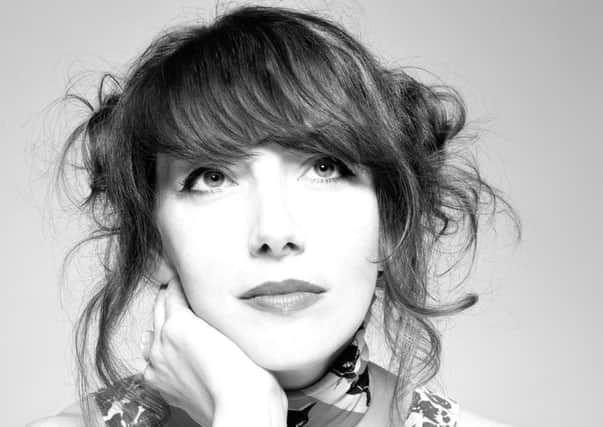Time and tide


The sea has figured in stories pretty much ever since human beings have been telling them. In folk tales, ancient classics, pirate adventures and even Great American allegorical novels it has made its presence felt.
And it is at the centre of a remarkable and compelling debut novel from North Yorkshire author Carmen Marcus. Her book How Saints Die, which as a work-in-progress won New Writing North’s Northern Promise Award, is an incredibly moving, piercingly well-observed account of adult mental breakdown and its reverberations as seen from a child’s perspective.
Advertisement
Hide AdAdvertisement
Hide AdThe backdrop against which the story unfolds is the bleak but beautiful Yorkshire coast with the sea as a main character – at times calm, soothing and benevolent and at others a raging monster with a powerful capacity for destruction. It is this almost mystical quality that Marcus explores and it informs the novel’s potent mix of magic realism and domestic drama.
The protagonist is 10-year-old Ellie Fleck whose mother Kate has suffered a breakdown and is now in a nearby hospital with ‘the pyjama people’ and ‘the not-angels in off-white uniforms.’ Ellie and her middle-aged fisherman father Peter, who people often, to her intense irritation, mistake for her grandfather, are gently helping each other through a difficult time for them both. The book, explains Marcus, is based on her own experiences as a child.
“I was only seven when my mum became ill. I didn’t judge I just watched what was happening and did what I could to support her through it. Over the years I have been angered by the misrepresentation of mental health and I’ve often wished that people would look at mental health with the eyes of a child. That’s where the kernel of the idea for the novel came from.”
Now based is Saltburn-by-the- Sea, Marcus grew up in Redcar in the 1980s in a tiny fisherman’s house with no central heating, car or phone. She and her father, who was 56 when she was born, gathered sea coal from the beach for fuel. He taught her how to make a net and storytelling was a big part of her childhood. “My dad came from a fishing family which goes back about 400 years,” says Marcus. “I grew up with stories of the sea. Fishermen have a mythic relationship with the sea and my dad taught me to respect it. My mother grew upin Donegal; being Irish she too has a powerful relationship with the sea and with fairy stories. These were stories I was told first-hand.”
Advertisement
Hide AdAdvertisement
Hide AdMarcus is an acclaimed performance poet – she has appeared at the Royal Festival Hall and is currently working on a BBC Radio 3 Verb New Voices commission – and her lyrical way with words is evident throughout How Saints Die. It will no doubt also play a role in her next novel, which she has already begun working on. “The rhythms of the language of poetry will always inform my novel writing,” she says. “There used to be a preference to stay in your genre but now there are brilliant writers who have a go at everything. I want to do that – I really want to explore the limitless power of words.”
How Saints Die, published by Harvill Secker, £14.99.